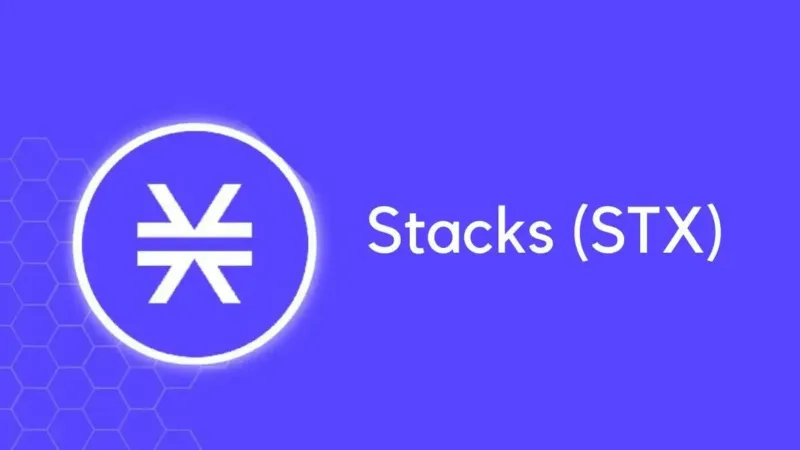Understanding Decentralized Finance (DeFi)

Decentralized Finance, also known as DeFi, is a revolutionary concept that has been gaining significant traction in the world of blockchain and cryptocurrencies. It refers to the use of decentralized technologies to provide financial services, thus eliminating the need for intermediaries such as banks and other traditional financial institutions.
DeFi operates on blockchain platforms like Ethereum, enabling users to access a wide range of financial products and services in a decentralized manner. These services include lending and borrowing, decentralized exchanges, stablecoins, yield farming, and much more.
One of the key features of DeFi is its open and permissionless nature. Anyone with an internet connection can participate in the DeFi ecosystem, without the need for a middleman or the traditional banking system. This accessibility has made DeFi a truly inclusive financial system, empowering individuals around the globe.
Lending and borrowing are among the most popular Decentralized Finance applications. Using smart contracts, individuals can lend their crypto assets and earn interest on their holdings. Borrowers, on the other hand, can use their crypto assets as collateral to obtain loans without the need for a credit check. This decentralized lending and borrowing system provides users with a transparent and efficient way to access capital.
Important aspects of Decentralized Finance
Another significant aspect of Decentralized Finance is decentralized exchanges (DEXs). Unlike traditional centralized exchanges, DEXs allow users to trade cryptocurrencies directly from their wallets, without the need for a middleman. This eliminates issues like custody of funds and the risk of hacks or shutdowns. DEXs also promote privacy by not requiring users to provide personal information.
Stablecoins are another important component of the DeFi ecosystem. These are cryptocurrencies that are pegged to a stable asset, usually a fiat currency like the US Dollar. Stablecoins provide stability in the highly volatile world of cryptocurrencies and are widely used for trading and remittances.
Yield farming, also known as liquidity mining, is a relatively new concept in Decentralized Finance. It allows users to earn additional tokens by providing liquidity to decentralized exchanges or lending platforms. By staking their assets, users can earn rewards in the form of tokens, thus incentivizing participation in the DeFi ecosystem.
While DeFi offers numerous benefits, it is not without its challenges. Security is a major concern, as hacks and smart contract vulnerabilities can lead to significant losses. Regulatory uncertainties and scalability issues are also hurdles that need to be addressed for widespread adoption of DeFi.
In conclusion, DeFi is revolutionizing the financial industry by providing open, inclusive, and decentralized financial services. It offers a wide range of opportunities for individuals to earn, borrow, and trade in a transparent and efficient manner. However, it is important for users to exercise caution and do their due diligence to mitigate the risks associated with this emerging sector.



